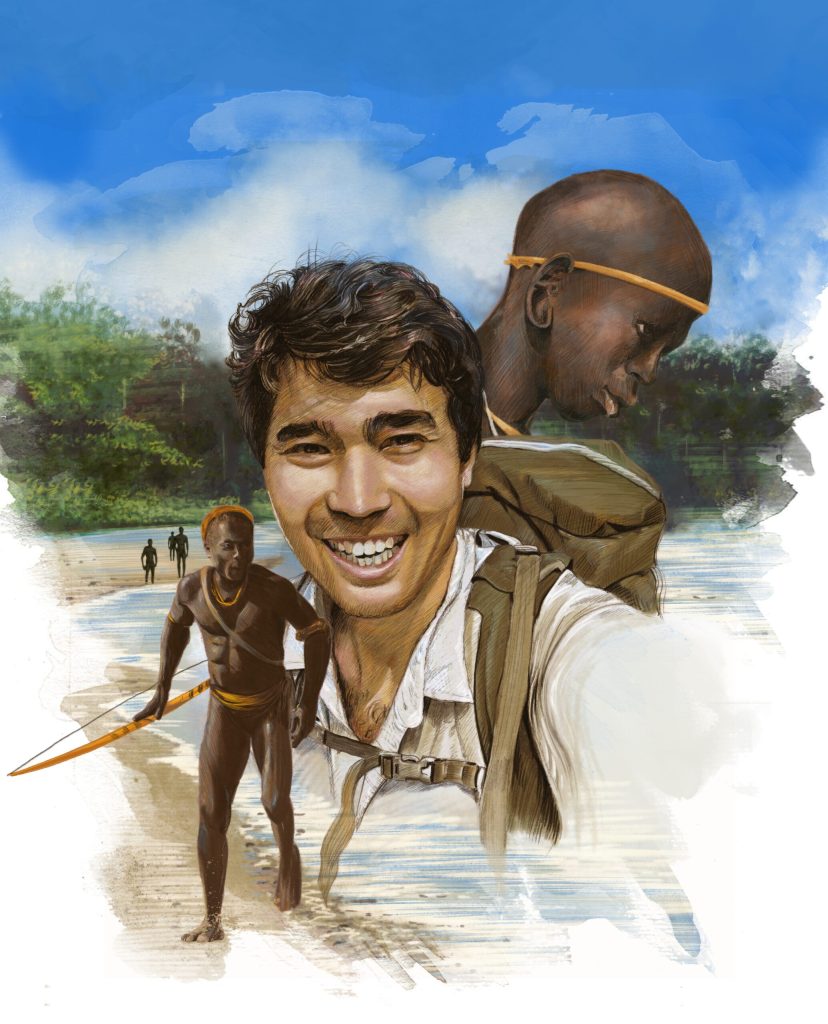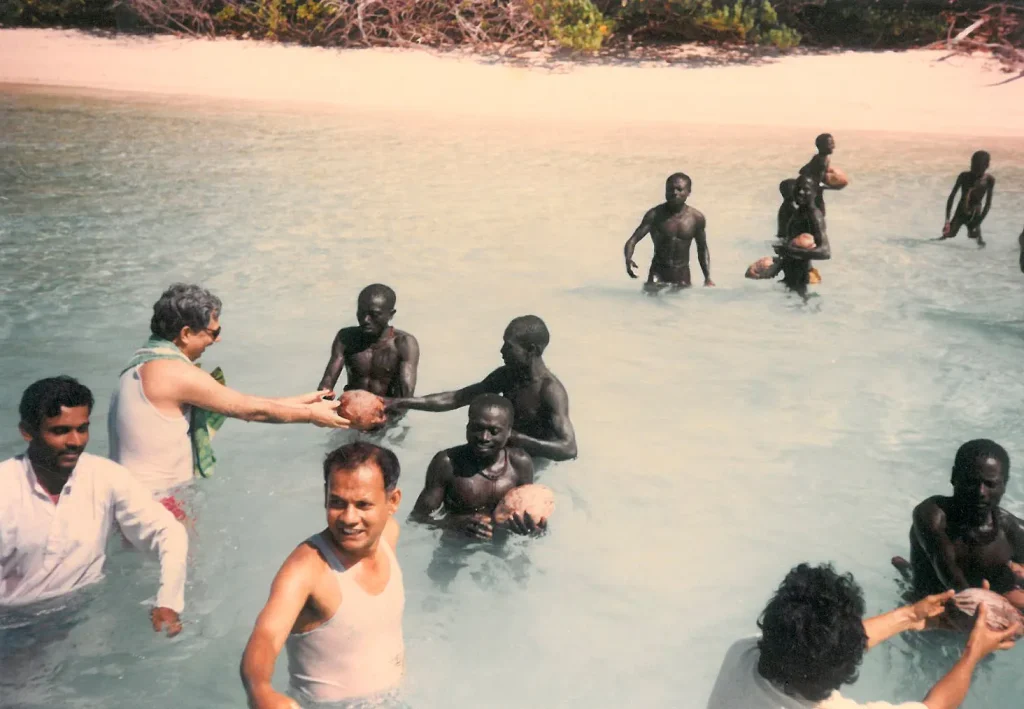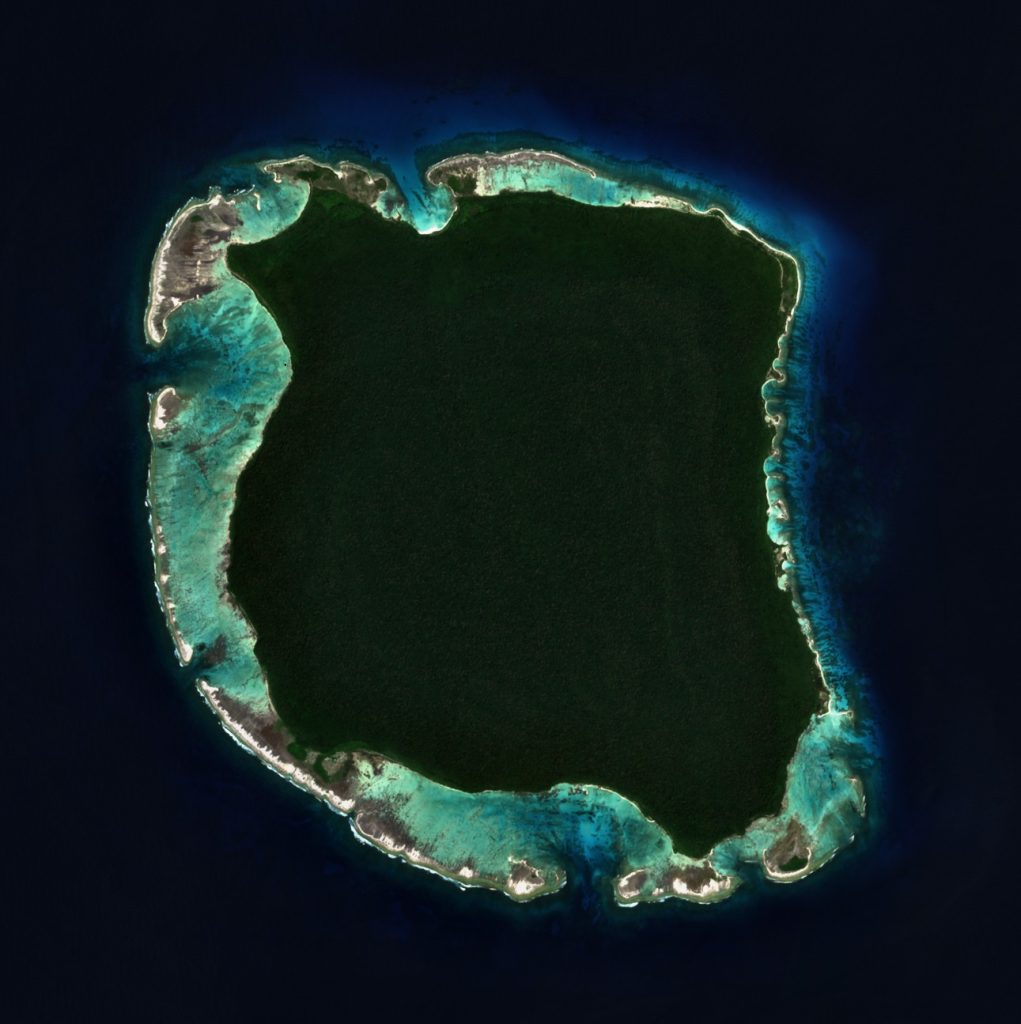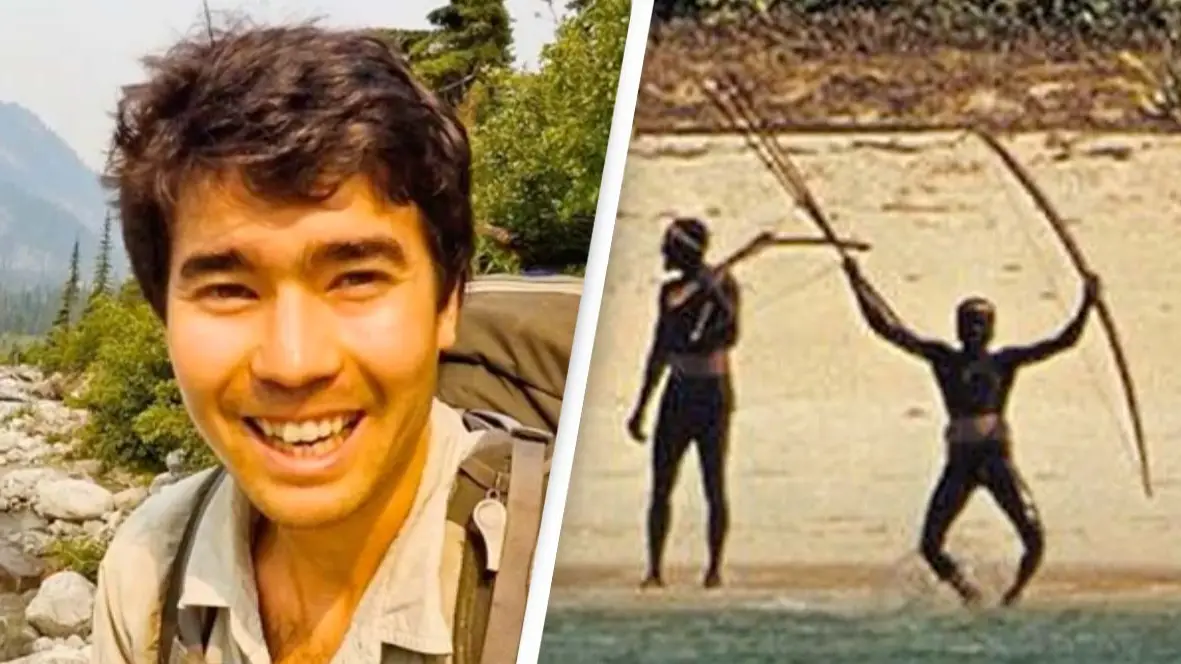 ohn Chau was an intrepid American missionary whose attempt to preach Christianity to the isolated indigenous tribe of North Sentinel Island in the Bay of Bengal ended tragically with his death at the hands of the island’s inhabitants. His story has had far-reaching implications, sparking a global debate about moral implications of missionary work and interactions with indigenous peoples and raising awareness about challenges such communities face around the world. This article delves into John Chau’s mission, examines cannibalism in North Sentinel Island, details his attempted mission, looks at the aftermath of his death, and explores modern implications that can be drawn from this story.
ohn Chau was an intrepid American missionary whose attempt to preach Christianity to the isolated indigenous tribe of North Sentinel Island in the Bay of Bengal ended tragically with his death at the hands of the island’s inhabitants. His story has had far-reaching implications, sparking a global debate about moral implications of missionary work and interactions with indigenous peoples and raising awareness about challenges such communities face around the world. This article delves into John Chau’s mission, examines cannibalism in North Sentinel Island, details his attempted mission, looks at the aftermath of his death, and explores modern implications that can be drawn from this story.
John Chau and His Mission
John Chau, an American Christian missionary, had a passion for adventure and exploring remote areas of the world. He attended Oral Roberts University in Tulsa, Oklahoma, majoring in sports medicine and later joined the All Nations, an interdenominational mission organization. His mission to North Sentinel Island was part of a larger project to preach Christianity to isolated tribes. Despite his knowledge of the local culture and efforts to blend in with locals, he was ultimately killed by its inhabitants just days after arriving.
Chau’s story has had far-reaching implications beyond his death – it sparked a global debate about moral implications of missionary work and interactions with indigenous peoples as well as raising awareness about challenges such communities face around the world. His attempt to bring Christianity to the island has raised questions about cultural imperialism and how much contact is appropriate between outsiders and traditional cultures like those found on North Sentinel Island.
In preparation for his mission, Chau studied anthropology in college, learning the language of the tribe he planned to visit so that he could communicate better with them. He also took courses on medical care in order to treat any illnesses or injuries they might suffer while he was there. His research into their culture showed him that they were not very receptive to outside visitors and even hostile at times; however, this did not deter him from his goal of spreading Christianity among them.
In addition to having extensive knowledge about the tribe’s language and customs before embarking on his journey, Chau also had great faith in God’s plan for him. He believed that if God wanted him there then nothing bad would happen; unfortunately this belief led directly to his death at the hands of cannibals on North Sentinel Island just days after arriving there.
The tragic events surrounding John Chau’s death have left a lasting impression on many people around the world who may never have heard of North Sentinel Island beforehand but are now more aware than ever before regarding issues facing such tribes today. His story serves as both a reminder of dangers encountered when attempting missions such as these and a cautionary tale against cultural imperialism from outside forces seeking religious conversion or other forms of influence over indigenous peoples who already have their own unique culture that should be respected and protected from external threats.
Cannibalism in North Sentinel Island

Cannibalism is a practice that has long been associated with the isolated tribe of North Sentinel Island, now known as the Sentinelese. This practice is believed to have been part of their culture for centuries, and it is thought that they have used it as a form of protection against outsiders. In 2006, a group of Indian fishermen was killed and eaten by members of the tribe, sparking debate about how to protect the island’s inhabitants from outside interference.
The incident involving John Chau in 2018 reignited this debate. While members of the tribe were known to use violence against those attempting to enter their island, this was believed to be the first time since 1867 that an outsider had actually been killed and eaten by them. The death sparked calls for greater respect for indigenous communities and their right to self-determination when faced with outside forces.
In response, some countries adopted stricter policies around entering such areas without permission or engaging in missionary work. Others called for more understanding and patience when attempting to communicate with such cultures, emphasizing that there should be no expectations placed on them if they do not wish to engage with outsiders.
Ultimately, John Chau’s death serves as a reminder of both the challenges faced by indigenous communities around the world, as well as how important it is for us all to recognize these people’s rights to self-determination and autonomy in an increasingly globalized world.
The Attempted Mission to North Sentinel Island

John Chau had been preparing for his mission to North Sentinel Island for years. He studied the language and customs of the isolated tribe and obtained a visa from the Indian government, which had jurisdiction over the island. He then traveled to Port Blair, India, where he made contact with fishermen who were willing to take him closer to the island. On November 16th, 2018, John set off on his journey in a fishing boat and made it close enough to shore that he was able to paddle into shore in a canoe.
John tried to communicate with the locals by singing hymns and attempting to preach Christianity in their native language. Unfortunately, his attempts were met with hostility as members of the tribe attacked him with arrows. John was able to make it back out into the ocean before being fatally wounded by an arrow shot at close range. His body was never recovered from North Sentinel Island, but his death is believed to have been caused by being killed and eaten by its inhabitants.
The events surrounding John Chau’s attempted mission sparked an international debate about missionary work and interactions with indigenous peoples. His death served as a reminder of both the dangers associated with such missions and of cultural imperialism from outside forces attempting to impose their beliefs on others without regard for their autonomy or self-determination. The incident also highlighted how little is known about many such tribes around the world and how we must respect their right to self-determination when engaging with them in any way.
The aftermath of John Chau’s Death
The aftermath of John Chau’s death has shocked and saddened people around the world. His disappearance went unreported for over a week, before details were made public and his death was confirmed by authorities. As news spread, it sparked a major international debate about missionary work and interactions with indigenous peoples. Many people argued that John Chau should not have attempted to enter North Sentinel Island without permission or proper understanding of their culture and customs, while others praised him for his passion for exploration and missionary work.

International organizations have heavily criticized the Indian government for their handling of the situation, citing that they should have done more to protect John Chau’s safety before he attempted to contact the islanders. The case has brought attention to the need for greater respect of indigenous communities, as well as raising awareness of their right to self-determination when faced with outside forces.
John Chau’s family and friends held a memorial service in his honor which was attended by hundreds of people from all walks of life, including politicians, religious leaders, activists and many members of his own community. The service was an emotional tribute to a man whose mission ignited conversations around faith and cultural imperialism unlike any other in recent times.
His death has also inspired many people to donate money towards organizations focused on protecting indigenous rights across the globe. It is hoped that such initiatives will help prevent similar tragedies from occurring in future while helping those already affected by such incidents gain access to justice and resources they may otherwise lack due to their isolated status or lack of recognition under international law.
John Chau’s story serves as both a cautionary tale against cultural imperialism from outside forces as well as highlighting the ongoing challenges faced by such communities around the world who are struggling against centuries old oppression through modern means. While there is still much progress to be made in terms of respecting indigenous rights globally, it is hoped that this incident will remind us all about our shared responsibility towards protecting vulnerable populations everywhere.
Modern Implications and Relevance of the Story
John Chau’s death serves as a reminder of the dangers of attempting to contact isolated indigenous populations without proper guidance, and the importance of cultural sensitivity and respect when interacting with them. In recent years, there have been numerous examples of missionary work leading to tragedy or conflict in such communities, from the controversy surrounding whale hunting in Alaska to the risks posed by unsupervised tourism on Easter Island. It is important for missionaries to understand the complexities of these societies and respect their autonomy before attempting to engage with them.
The incident has also sparked a debate about the ethical implications of missionary work. Many religious leaders have argued that such efforts should be focused on helping isolated communities, not proselytizing or forcing Christianity onto them. Others have argued that it is important for missionaries to provide spiritual guidance and education in order to help these communities reach their full potential. However, it is important to recognize that any attempts at modernizing or ‘civilizing’ these populations must be done with great care and consideration for the culture and beliefs of those affected.
John Chau’s story serves as a reminder of the ongoing challenges faced by indigenous communities around the world, particularly those living in remote areas without access to basic services or international protection. These populations are often vulnerable to exploitation due to their lack of resources or representation, making it essential that we as a global society take steps towards recognizing their rights and protecting their autonomy whenever possible.
It is also important for us all to consider John Chau’s legacy when engaging with such populations; his story stands as an example of how even well-intentioned actions can result in devastating outcomes if they are not approached with care and understanding. While it may be tempting to try and civilize such cultures through mission work, this approach can often do more harm than good; instead we should focus our efforts on providing moral support and guidance while respecting their right to self-determination above all else.
Avid Writer with invaluable knowledge of Humanity!
Upcoming historian with over 30 million views online.
“You make your own life.”





